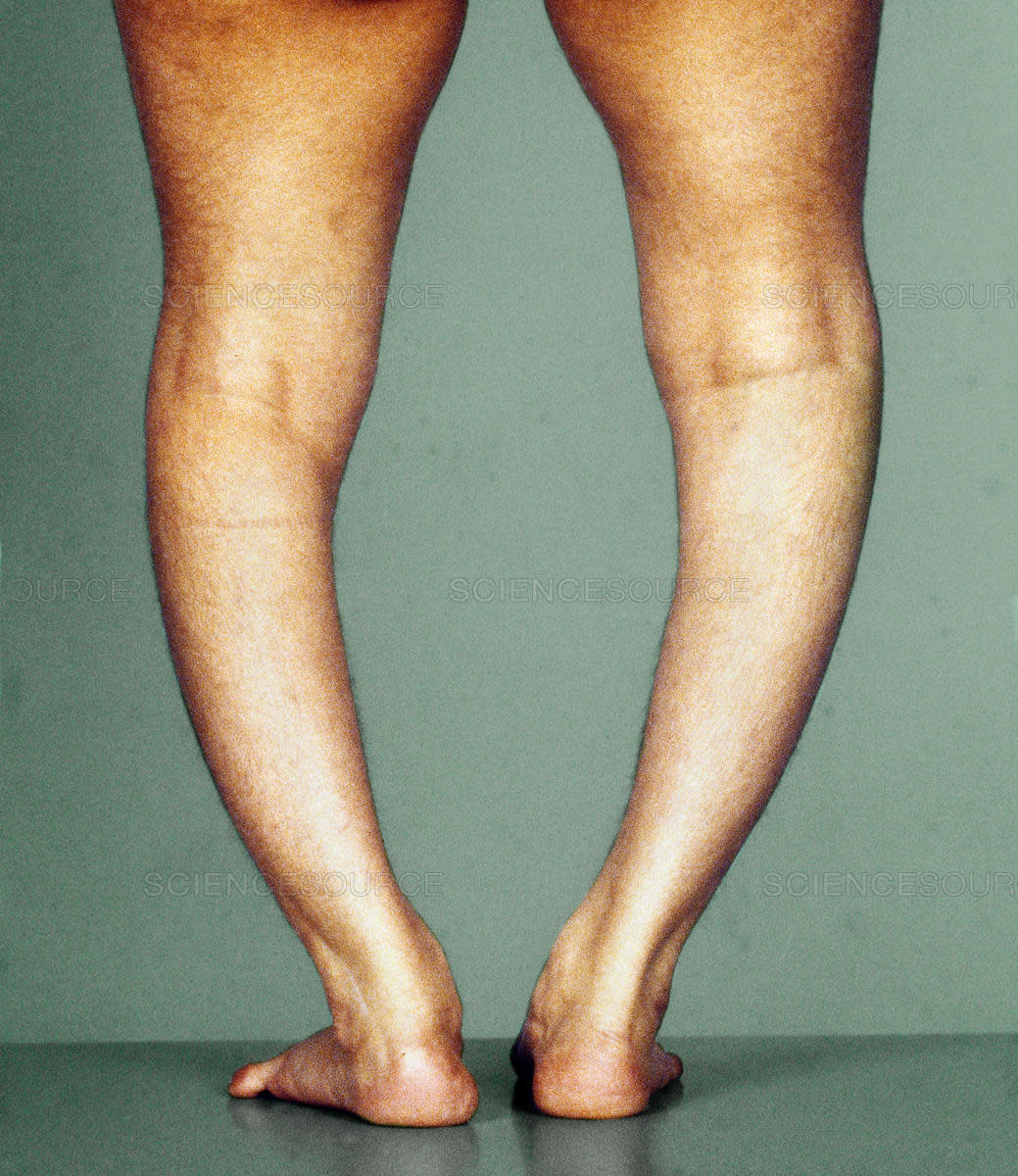Statin Drugs, Sunscreen and Vitamin D Deficiency
Bizarre but true! Statin drugs and use of sunscreen cause lower VitD levels!
Lowering your cholesterol intake and wearing sunscreen whenever you go outside may have put you at risk for vitamin D deficiency. Vitamin D is a hormone which your body produces when the cholesterol in your skin is exposed to sunlight. But isn’t cholesterol and tanning BAD for you? While it is true that too much of these can be harmful, the right amount is much more beneficial that most of us think.
Think about it- we can get enough of the essential D-vitamin if we have enough cholesterol in our skin and optimal exposure to UV rays. And yet, we are told by medical experts everywhere that cholesterol is BAD and tanning is BAD. As a result, nearly every American watches their cholesterol intake and uses sunblock to prevent our skin from absorbing UV rays. It makes sense that up to 75% (maybe more) of the population is deficient in Vitamin D!
Click here to read the book
Cholesterol Blocking Drugs Cause D-Deficiency
In his book “Statin Drugs Side Effects and the Misguided War on Cholesterol”, Dr. Duane Gravelin, MD MPH, informs us that cholesterol blocking drugs eliminate our ability to process vitamin D naturally. As a former aerospace medical research scientist, Gravelin “was appalled by the lack of information in the medical community on the full range of side effects of the statin drugs.”
More alarming is evidence that patients being treated for high cholesterol are coming back with severe vitamin D deficient blood levels. Many report painful cramping, back pain, memory loss and other symptoms related to low levels of vit. D. If we need cholesterol in our skin to produce vitamin D, we can see the important role it plays in our health. There are some who believe that D-deficient patients are being misdiagnosed with high cholesterol; and that by increasing their supplemental dose of D reduces their cholesterol levels.
Vitamin D Sources and Absorption Rates
While the sun is our best source of vitamin D, only a few foods contain this essential nutrient. Foord sources of vit D: one whole egg provides 20 IU, fish liver oil such as cod liver oil (1 Tbs. provides 1360 IU), and fatty fish such as catfish (3 oz. provides 425 IU), salmon (3.5 oz. provides 360 IU), Mackerel (3.5 oz. provides 345 IU), sardines (1.75 oz. provides 250 IU), and tuna (3.5 oz. provides 235 IU). Source: http://en.wikipedia.org/wiki/Vitamin_D
Our bodies can only absorb a small percentage of vitamin D in our diet. Those of us who are deficient can only absorb 10-15% of vitamin D from food sources, while healthy individuals can absorb 30%. Pregnant and lactating women can absorb up to 80% of the D vitamin in their diet. If you want to purchase a bottle of vitamin D supplements, it is important to consider these absorption rates. Liquid vitamin D has the highest and fastest absorption rate compared to supplements in pill or capsule form. Ensuring maximum osmosis of any vitamin and/or mineral supplement, liquid forms have the best reputation as the best and easiest. Fortunately, most supplement development companies have worked hard to make more of their products taste good too!
This is my favorite D3 supplement!
With such limited dietary sources of vitamin D, it doesn’t hurt to choose vitamin D-fortified, such as milk and orange juice. Unfortunately, D-fortified milk and juice often contain only D2, while it is D3 that we need the most. Due to our limited ability to absorb the D-vitamins in our foods, we need to consider other alternatives. Unless you consume a lot of foods rich in D, it is advisable to try supplements and/or expose your skin to natural or artificial sunlight.

UV Exposure and Vitamin D
Exposure to UV rays cannot lead to an overdose of the vitamin, because our body will not produce more than it needs. Exposure to sunlight is the only perfectly regulated way to make sure we get enough vitamin D, but not too much. The effect is the same regardless if you use a tanning bed, or get outside on a sunny day.
Michael Holick, PhD, MD, and Author of the book “The UV Advantage”, asserts that one optimal dose of simulated sunlight is comparable to a dose of between 10,000 and 25,000 IU vitamin D. The optimal dose is not sunburn however; it is important to heed the recommended cautions when tanning. "Sensible sun exposure to arms and legs for short periods of time will not increase the risk of serious skin cancer such as melanoma," Holick says.
It should be noted that obtaining optimal levels of natural sunlight is possible daily in tropical locations, only during spring and summer in temperate regions, and almost never in the Arctic Circle. Additionally, lighter-skinned people often wear sunscreen—in response to fear of skin cancer—which in turn prevents their skin from converting sunlight into vitamin D. But the other side of the coin is that darker-skinned people have higher melanin to protect them against UV light; which in turn prevents their skin from activating pre-cursors to vitamin D. If you have dark skin, you may need 5-10 times more sunlight exposure than someone who has lighter skin.
Why is Vitamin D so important?
Vitamin D is necessary for calcium absorption, plays a role in immune system, weight loss, osteoarthritis prevention, and much more. Influenza reports rise dramatically in the winter when exposure to sunlight is minimal, and people in northern climates are especially at risk of vitamin D deficiency. Colds and flus may be averted altogether with enough vitamin D.
What problems are associated with D-deficiency?
D-deficiency has been linked to chronic pain, and an extra dose is recommended for people who suffer from osteoarthritis, rheumatoid arthritis, fibromyalgia, myalgia, diabetic neuropathy, chronic fatigue syndrome, and seasonal affective disorder. Vitamin D deficiencies have also been reported in patients who have certain forms of cancer, high blood pressure, hypothyroidism, autism, multiple sclerosis, depression and schizophrenia. Certain prescription drugs such as those used to lower cholesterol will also lead to a D-deficiency. Your doctor can check if you are vitamin D deficient with a simple blood test. If your blood test falls below the normal range, you can take supplemental D to determine if it offers major improvement in some of these conditions.
Vit D3: 100 I.U. per drop
How much vitamin D is enough?
The USDA recommends taking 400 IU (International Units) daily of supplemental vitamin D. More recently however; some nutrition experts are pushing the FDA to increase the recommended amount to 1000 IU daily. A review by the American Journal of Clinical Nutrition concludes the amount should be more like 10,000 IU.
More doctors are now paying attention to vitamin D deficiencies in their patient’s blood work reports, and some prescribe even higher doses.
If you’re still not certain how to ensure getting enough of the D vitamin, just remember that a good rule is balance: enjoy a few servings of fatty fish when you can, consider supplemental D (preferably liquid D for best absorption), and get plenty of fresh air and sunshine without going overboard.
What is your vitamin D level? Above 50 is great, 30-50 need supplementation, below 30 is a deficiency
Please Read This!
Note: People with severe liver disease are unable to absorb vitamin D. Others with kidney and intestinal problems are at risk for decreased absorption of vitamin D.
Caution: In healthy adults, sustained intake of more than 50,000 IU per day over several months can lead to overt toxicity. This type of toxicity can be lethal.
Caution: Those with certain medical conditions such as primary hyperparathyroidism and tuberculosis are far more sensitive to vitamin D and may develop hypercalcemia in response to any increase in vitamin D intake. Hypercalcemia is having too much calcium in your blood, and symptoms include constipation, lethargy, bone pain, kidney stones, and depression.
This content is accurate and true to the best of the author’s knowledge and is not meant to substitute for formal and individualized advice from a qualified professional.
© 2011 Theresa Kennedy











